Zimbabwe
Four projects in Zimbabwe empowering women and transforming communities
Cultures & Communities
Experiences
Lauren Dold
2/12/2024
Making an impact in Zimbabwe
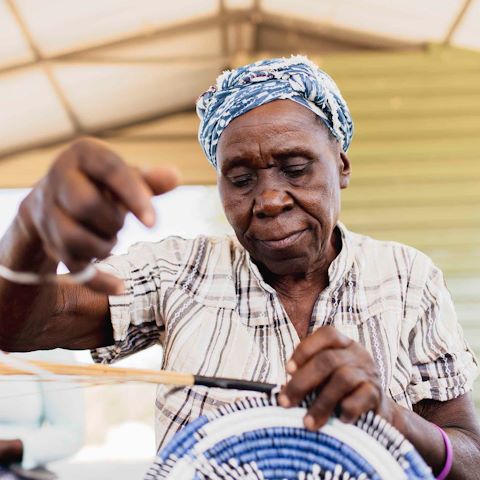
Earth to Plate initiative - sustainable farming
Ladies Basket Making Project
Mopane Snare Wire Project
Women’s Papermaking Project
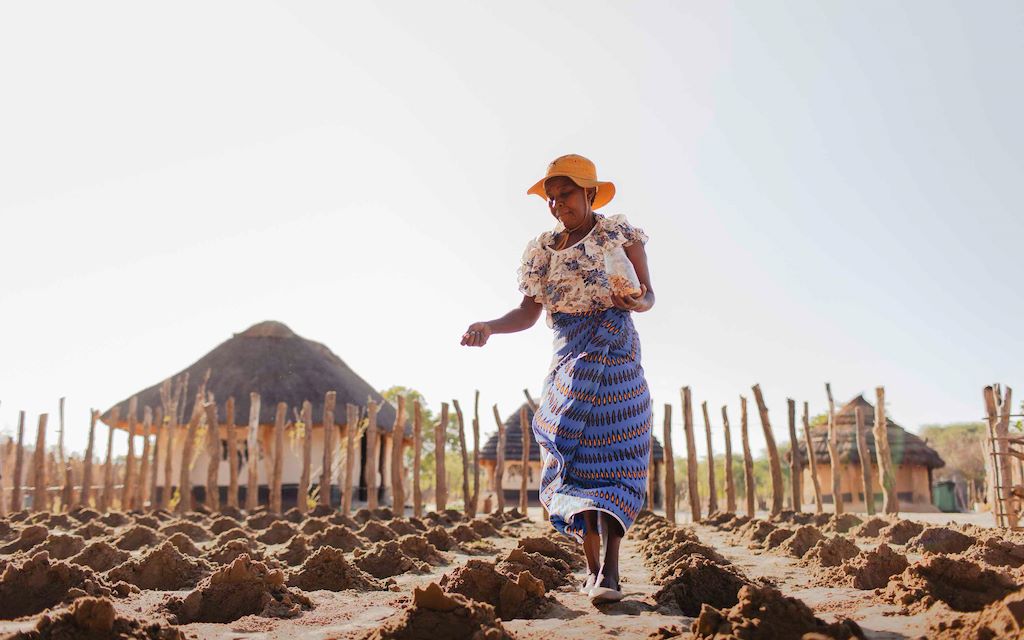
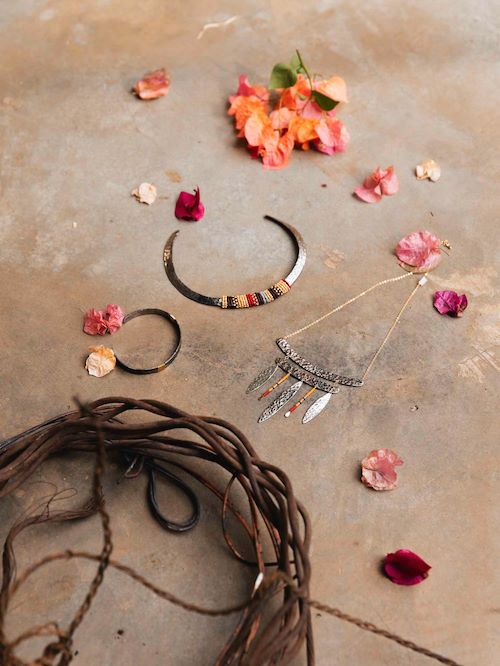
Wilderness impact in Zimbabwe
More than just income-generating ventures, these community projects transform, inspire, and empower. With the support of Wilderness and guests, the success of these projects sets a trajectory for long-term, meaningful positive change in Zimbabwean communities.
More to discover
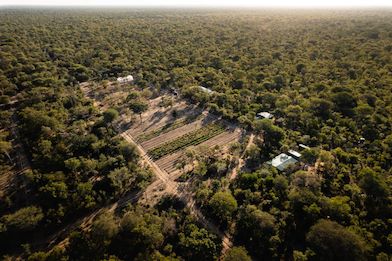
Ngamo: Story of an African farm
It’s a cold and misty morning at Wilderness Davison’s, a remote safari camp in Zimbabwe’s renowned H...
Read moreAndy Wassung
20.06.2025

Wilderness Touring’s 5 best Cape Town tours
The 5 best tours to do in Cape Town with Wilderness Touring. From the Cape Peninsula to the Cape Win...
Read moreTao Varty
12.06.2025

7 Romantic Safaris … Fall in Love with Botswana
There are few experiences in life that match up to the romance of a safari. When it comes to travell...
Read moreKate MacWilliam
09.06.2025
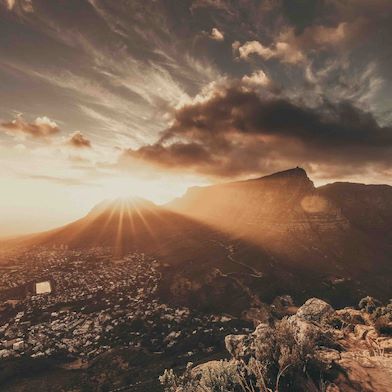
Best of Cape Town and Botswana
Join us on this 12-night adventure, a seamless holiday between two worlds that will have you dreamin...
Read moreLauren Dold
27.05.2025

7 reasons Wilderness Chitabe offers an exceptional Okavango safari
Dig deeper into what makes Chitabe one of the best safari camps in Botswana for predator sightings a...
Read moreMerryn Haller
08.05.2025

Let’s plan your next journey
Ready?
When we say we’re there every step of the way, we mean it, literally. From planning the perfect circuit, to private inter-camp transfers on Wilderness Air, and easing you through Customs. We’re with you on the ground, at your side, 24-7, from start to finish. Ready to take the road less travelled? Contact our Travel Designers to plan an unforgettable journey.